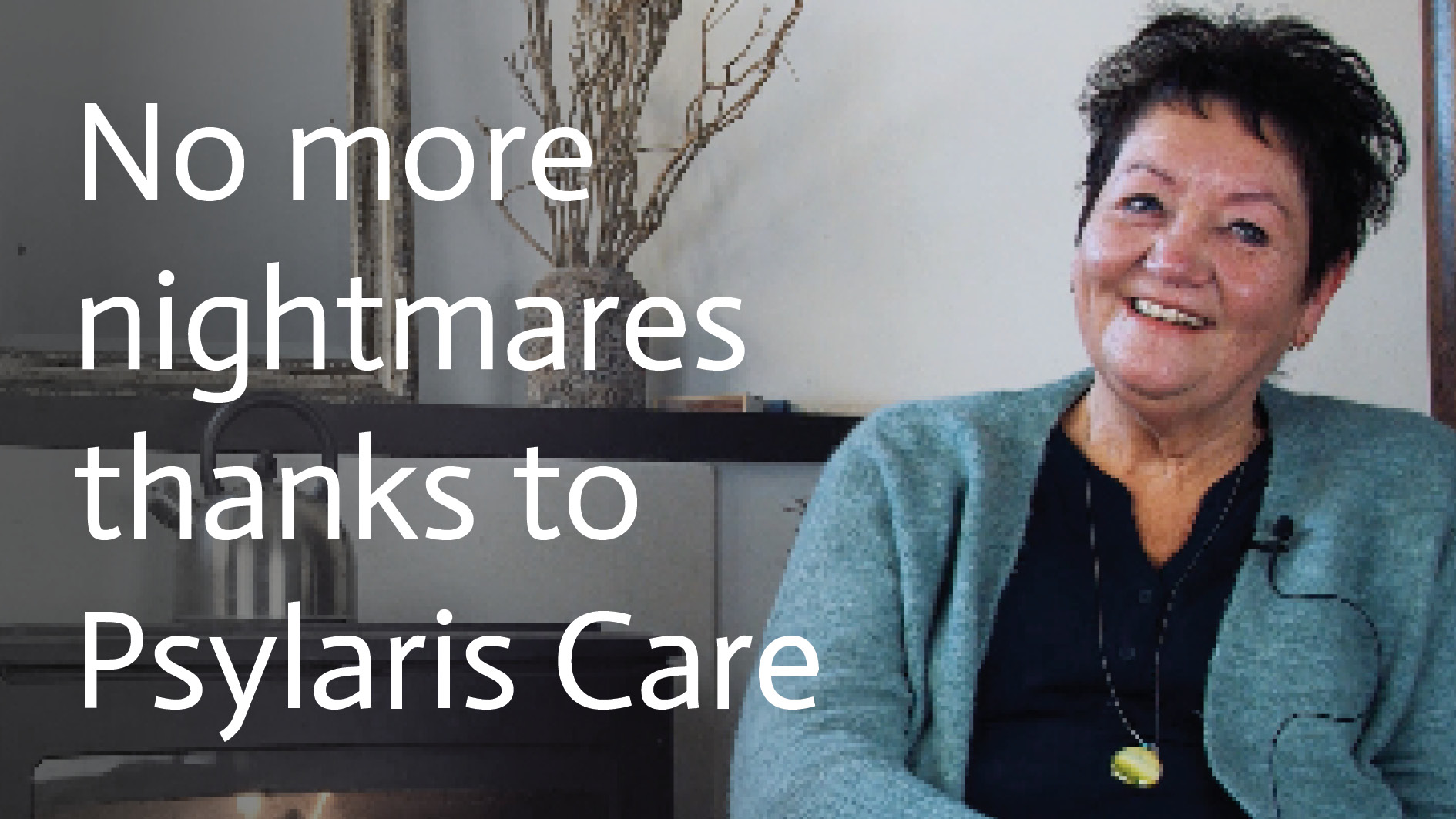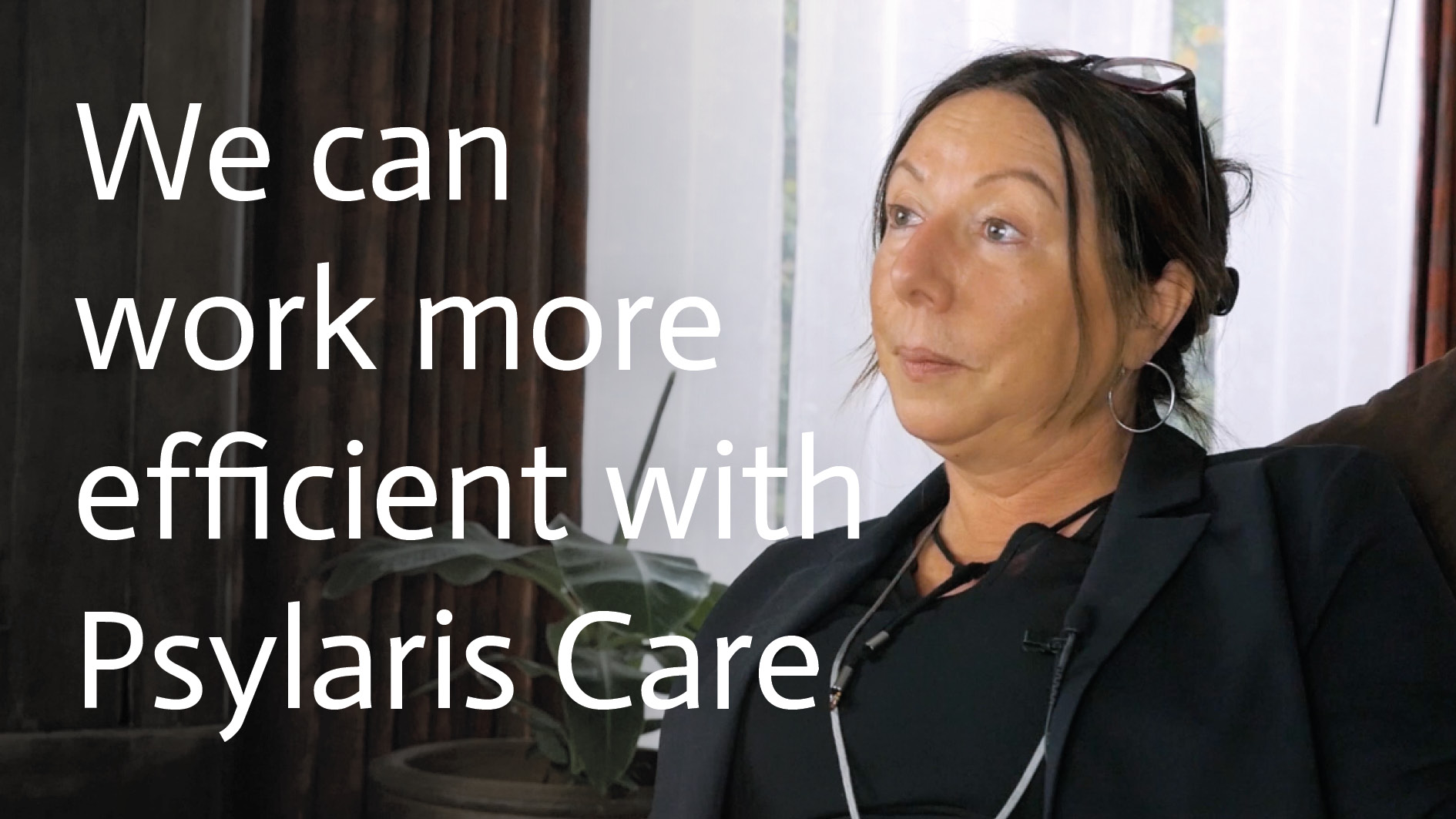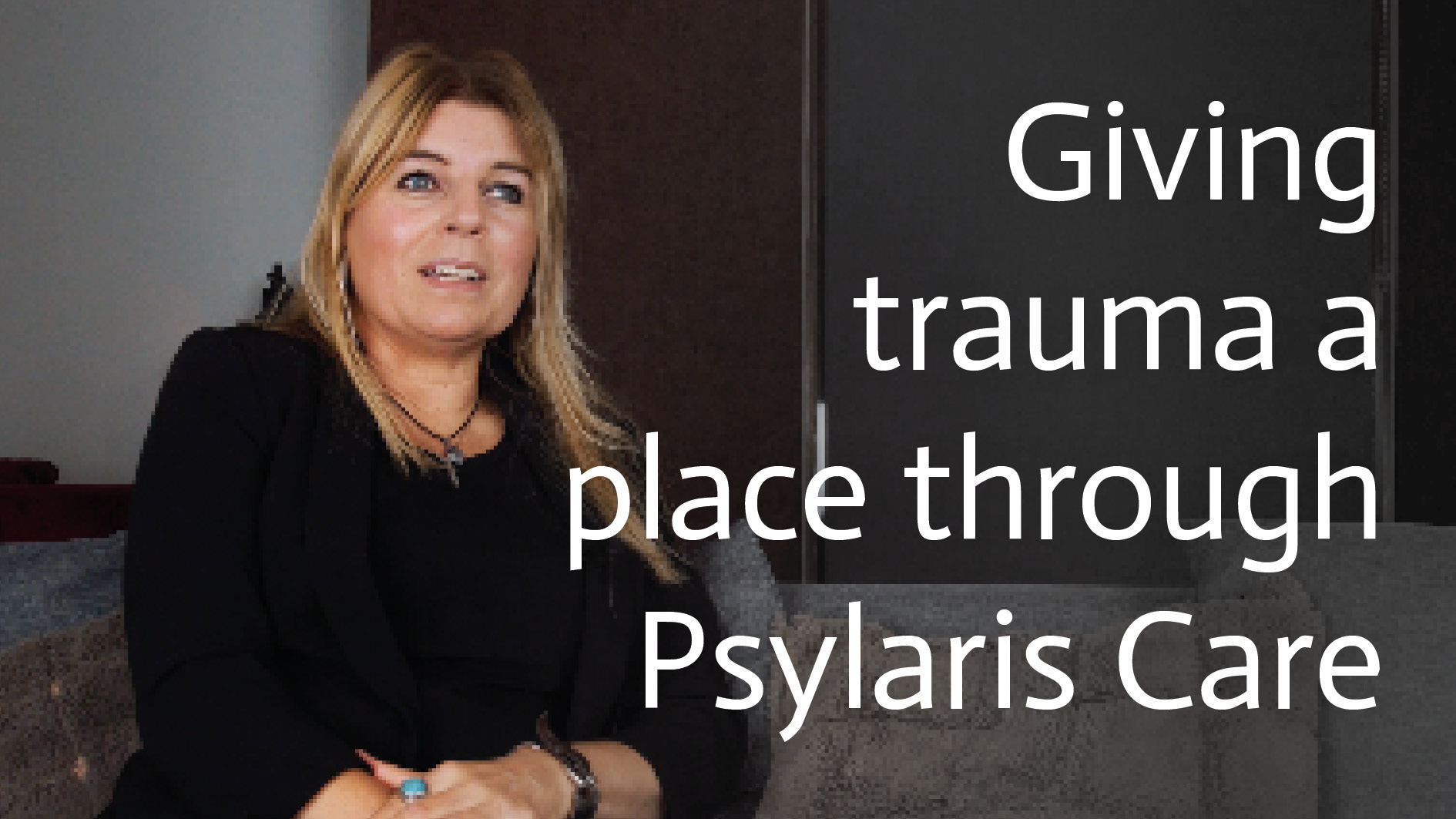950+
Organizations use Psylaris products
7500+
Therapists use our software worldwide
100.000+
Completed sessions with our applications
All about Trauma
Scroll down to quickly read on, or use the table of contents.
People can go through a traumatic experience. If this happens, it will take some time to process it. For most people, after processing, they pick up their lives again and move on. Of course, the traumatic experience is not forgotten and it can be difficult to think back to it, but it does not affect daily life. This is different, if you continue to suffer from a traumatic experience and this also hinders you in your daily life. In this case it is wise to seek professional help.

A trauma is a shocking and often life-changing event that is repeatedly remembered and causes relapses, flashbacks and nightmares. Normally, far-reaching events are given a place in the memory. After a while, the event can be looked back on with less emotion. If someone suffers from a trauma, the event does not have a place. This can have major consequences and a considerable impact on the life of that person. The trauma can give rise to all sorts of other fears or to post-traumatic stress disorder (PTSD). In the latter case, people try at all costs to avoid any confrontation with the trauma. Usually you suffer from a trauma, if the traumatic experience, one month after the event, still plays a major or leading role in daily life.

Not every trauma is the same. There are two types of traumas, namely single and complex traumas. This has to do with how often you have experienced a traumatic event and its consequences.
Single traumas involve a traumatic event that happened once. This can be for example an accident, sexual assault, rape or robbery. By the way, it does not have to be that you are a victim of this, you can already suffer a trauma if you are a witness to this. Although it was only a one-off event, you have not been able to come to terms with it and the event continues to play in your mind like a film.
Complex traumas involve several unpleasant events in a certain period of time. Often it is a repetition of the traumatic event, such as frequent sexual abuse, repeated physical violence or constant bullying. Often, this trauma is called a complex trauma, because of the complex consequences, such as a negative self-image, distrust, difficulty with emotions and psychologically very unstable.
The symptoms of a trauma can be very diverse. It is not always the case that only one type of symptom is present, but several symptoms may occur simultaneously. That is why it is important to start working on processing the trauma. Once the trauma is dealt with, the symptoms will also disappear.
The best trauma treatment is EMDR. EMDR means Eye Movement Desensitisation and Reprocessing. How EMDR exactly works in the brain has not yet been scientifically described. On the fact that EMDR works, thick scientific reports have been written already. EMDR can even be seen as one of the best trauma therapies.
In EMDR trauma therapy, the client is asked to recall the traumatic moment. Also feelings and thoughts of that moment are retrieved. That is why EMDR can also be a confrontational therapy. But at the moment the trauma is recalled, you are distracted. This can be done by a hand gesture by the therapist or you get headphones on and you are distracted by a sound signals. The working memory gets overloaded by the distraction and in one way or another it becomes easier to park the trauma and to recall it with less emotion. This gives the trauma a place in the memory and other complaints related to the trauma will disappear.


Psylaris is the developer of modern tools in the mental healthcare sector. One of the most promising new techniques Psylaris is working on is virtual reality. Virtual reality is very suitable for EMDR. The client wears VR glasses and is then literally immersed in a distraction chosen by the practitioner. Moreover, an EMDR treatment can also take place at home, if VR glasses are available. This increases the frequency of the number of treatments and therefore a faster recovery is possible.
With EMDR-Remote, Psylaris has developed an EMDR method from a distance. EMDR-Remote is an online platform, where the practitioner has the possibility to treat the client via online calling. Many distraction tasks are available and the platform makes it more accessible for the client to start with EMDR. Especially patients who no longer dare to leave their home because of their trauma, are treated in their own familiar surroundings.
We believe with the combination of intelligent software and qualified therapists we can develop a system in which everyone, anytime and anywhere has direct access to efficient and affordable psychological care.




This website uses cookies to ensure that you get the best experience on our website.